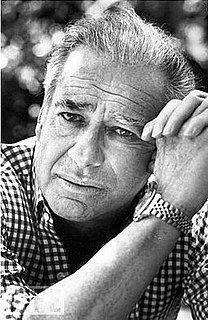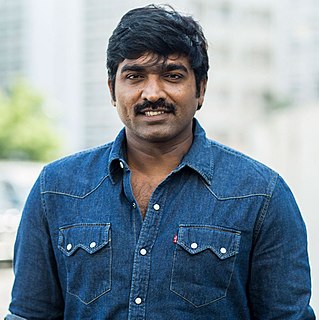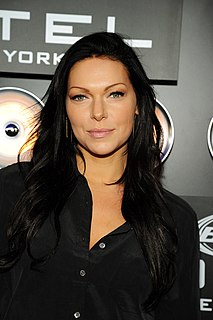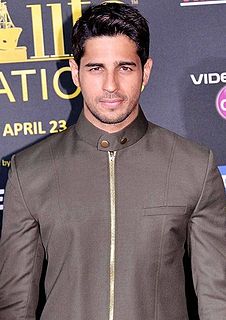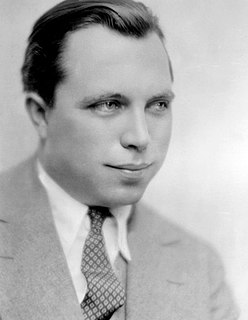A Quote by Takashi Miike
The position of an assistant director in Japan is a handyman who does everything if necessary. They must overcome the unreasonable demands of hard-hearted and whimsical directors, and staff with different personalities or habits.
Related Quotes
Are soft-hearted people handicapped in business? You have heard a businessman say of someone else, He's all right, but he's too soft-hearted.... To be soft-hearted may be handicapping, in a sense. But on the whole, a soft heart is to be preferred to a hard heart. Hard-hearted, severe, dominating giants sometimes manage to get further and to amass more money. But they get less genuine joy out of life.... It is the hard-boiled employer, not the soft-hearted species, that incites most of our strikes and does most to endanger the harmonious progress of democracy.
Patience is a most necessary qualification for business; many a man would rather you heard his story than granted his request. One must seem to hear the unreasonable demands of the petulant, unmoved, and the tedious details of the dull, untired. That is the least price that a man must pay for a high station.
A great director, first, is highly intelligent. And he is also a dedicated and willing to work hard. Now those are easy things to identify. The third is the creativity, and that is very difficult to identify in advance. This is why so many of the directors who have started with me were my assistant - the first one was Francis Ford Coppola.
Every director is different and they all have different styles. I've worked with directors who were very specific and they gave a lot of direction. The one thing about Michael [Haneke]that I think is interesting is that he really has a reason for everything he's asking you. If you challenge it, he is open for discussion but he has a clear idea of what he wants with reasons why.
In Hong Kong, in our generation that started out in the 1970s, being a director wasn't a big deal. We didn't even have director's chairs. We weren't particularly well paid. The social standing of a film director wasn't that high. It was a sort of a plebeian job, a second or third grade one. And the studio heads are always practical, there's never any fawning because someone is a director. There's very little snobbery about one's position as a director. The only ones people treated differently were those that were also stars; or the directors who also owned their companies.

